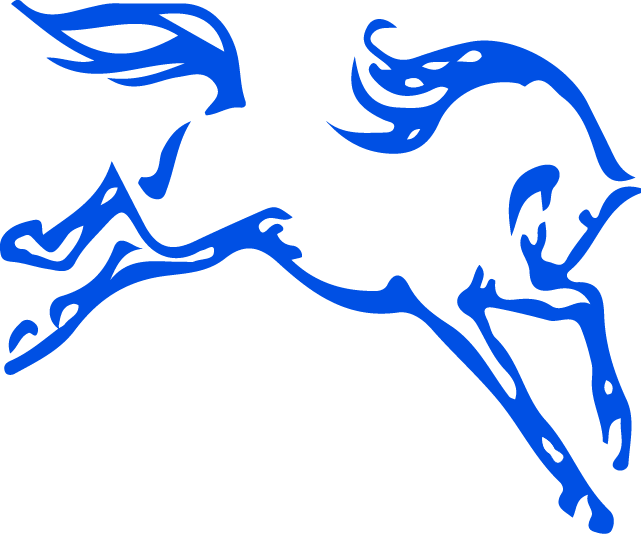Below are the case details and new entry requirements for horses, cattle, sheep, goat and swine entering California from a VS Affected State.
Additional information can be found at https://wwwcdfa.ca.gov/ahfss/Animal_Health/VS.html .
Situation Update:
On April 13, 2020, the National Veterinary Services Laboratories (NVSL) in Ames, Iowa, confirmed a finding of vesicular stomatitis virus (VSV) infection (Indiana serotype) on an equine premises in Dona Ana County, New Mexico. VSV-Indiana serotype was last isolated in the U.S. during the 2019 VSV outbreak. A single horse on the index premises has met the case definition of infection with compatible clinical signs and virus isolation positive results. A second equine premises in Sierra County, New Mexico subsequently met confirmed VSV case definition with compatible clinical signs and reverse transcription-polymerase chain reaction (RT-PCR)-positive results for VSV (Indiana serotype). This is the 2020 VSV index case for the United States and subsequent VSV case for New Mexico.
Index and Subsequent Confirmed Positive Premises: Both premises are small equine properties, one located in Dona Ana County and the other located in Sierra County, New Mexico and are currently under state quarantine. The index premises in Dona Ana County has only one horse on the property and the horse presented with coronary band lesions around April 6, 2020. There are no other animals on the premises and there have been no livestock movements on or off the premises. The second VSV-infected premises is located in Sierra County, New Mexico, and has a total of 3 horses with only 1 horse showing coronary band lesions which were first noted around April 8, 2020. There are no other susceptible species on the premises and there have been no livestock movements onto the premises.
Known competent vectors for transmission of VSV include black flies, sand flies, and biting midges (Culicoides spp.). The epidemiological investigations on both VSV-positive premises indicate that incursion of VSV-infected insect vectors is the likely source of infection in these herds. Biosecurity measures and vector mitigation have been instituted to reduce spread of the virus. The animals are being monitored and the VSV-positive premises will remain under state quarantine until 14 days from the onset of lesions in the last affected animal on the premises.
Vesicular Stomatitis Requirements for Importing Horses, Cattle, Sheep, Goats and Swine into California:
All horses, cattle, sheep, goat and swine *originating from any state where vesicular stomatitis (VS) has been diagnosed (except cattle and swine transported directly to slaughter) must be accompanied by a health certificate (certificate of veterinary inspection) and signed by an accredited veterinarian that includes the following statement:
“I have examined all the animals identified on this certificate within 72 hours of shipment date and found them to be free from signs of Vesicular Stomatitis (VS). During the last thirty (30) days, these animals have not been exposed to VS nor located on a VS confirmed or a VS suspected premises.”
*For purposes of this requirement, “originating” means horses, cattle, sheep, goats, and swine that initially leave the VS infected state and come to California, or those that leave any state, visit an infected state, and then return to California.
The California Horse Racing Board (CHRB) has no additional requirements, at this time, on horses coming from a VS-infected area to enter race tracks and/or CHRB-approved training centers. For more information, contact CHRB at 916-263-6000.
Please contact your veterinarian if you have questions or concerns.

